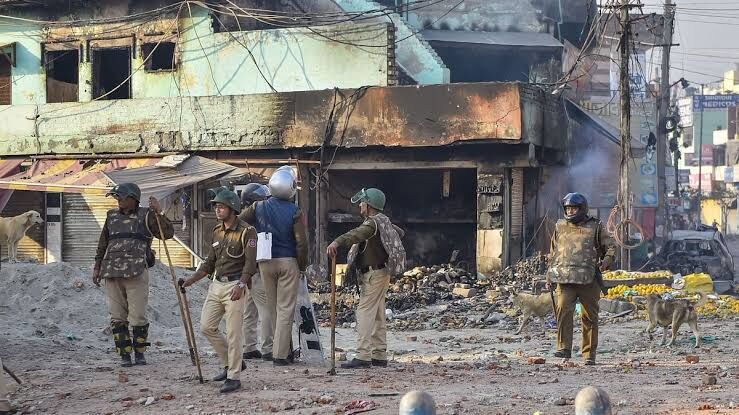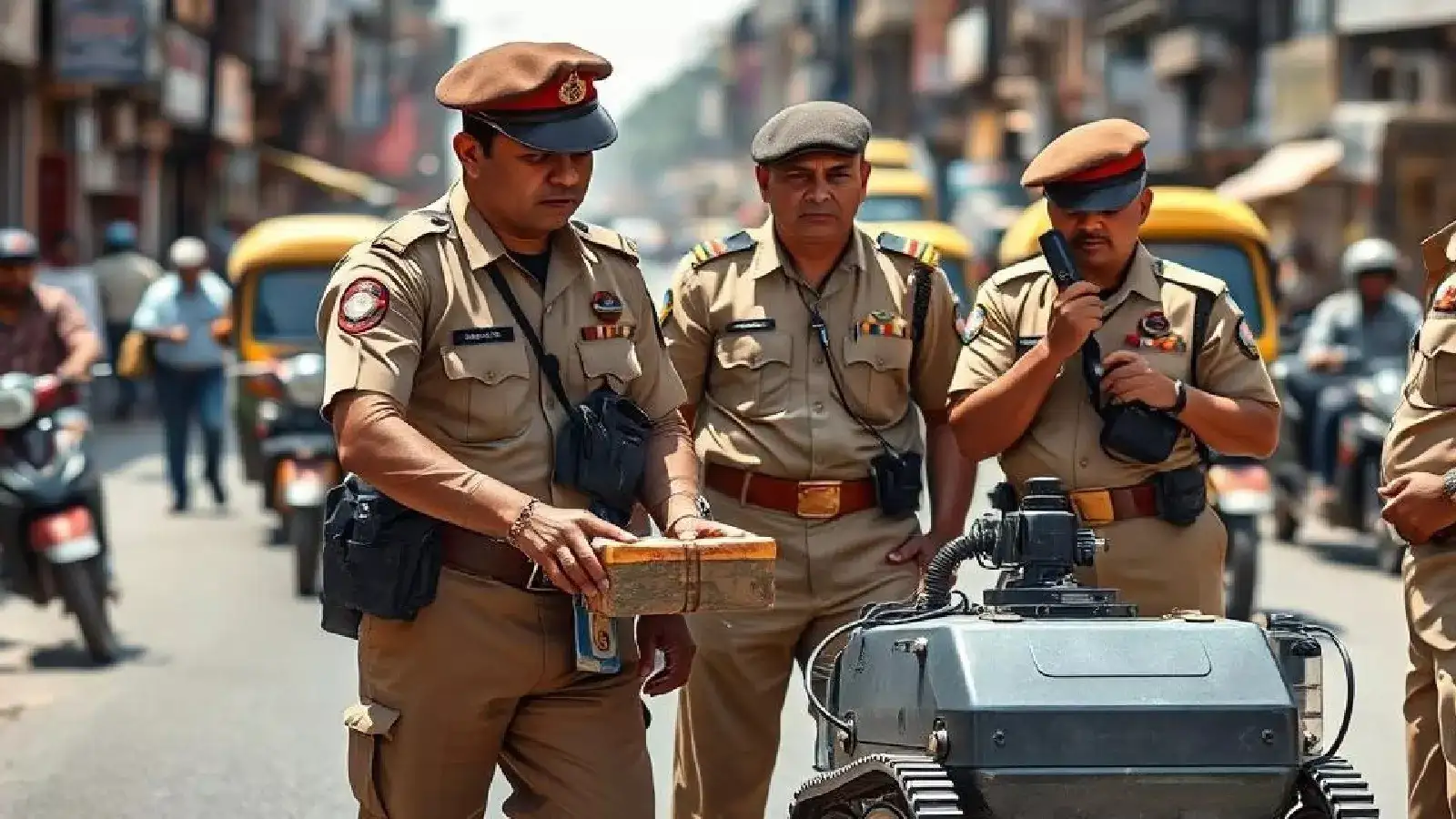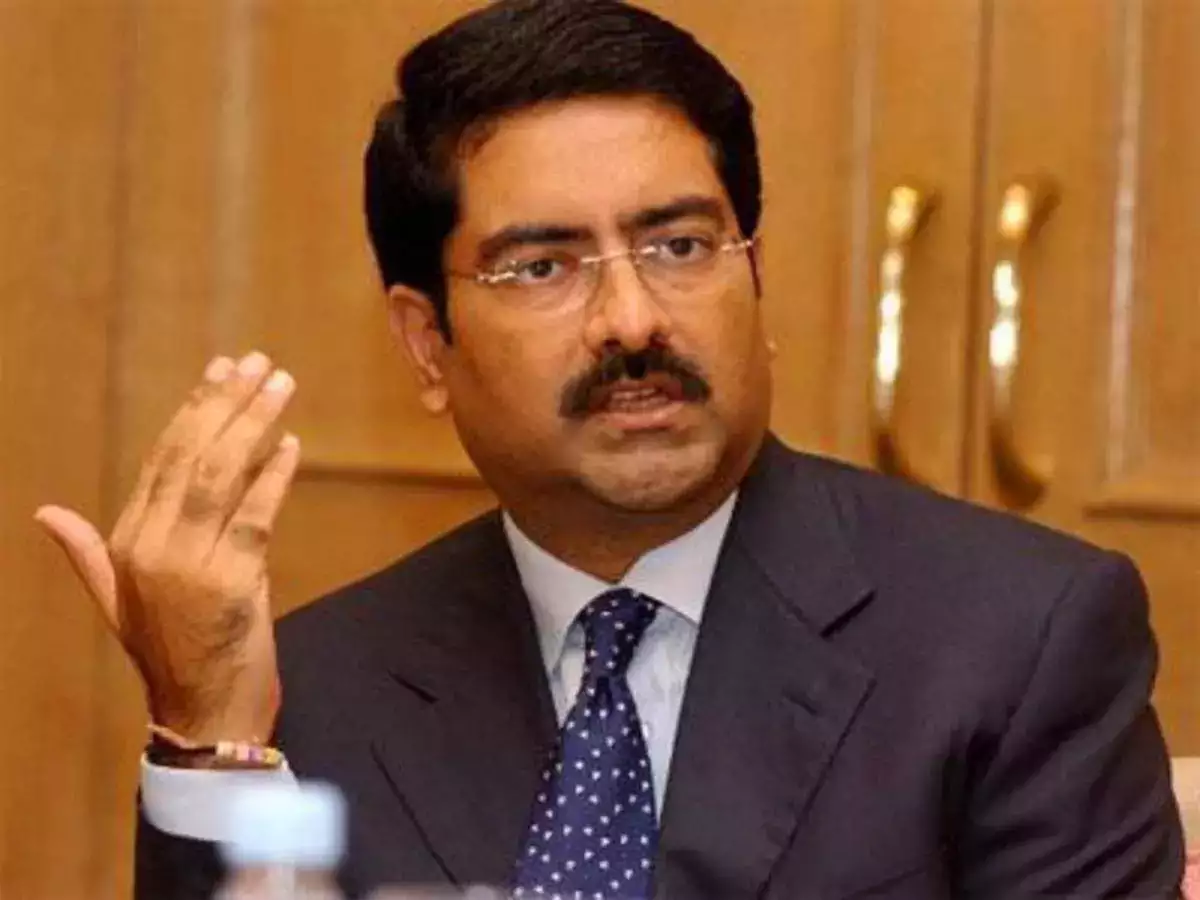NEW DELHI: A Delhi court has criticized an investigating officer (IO) for allegedly implicating an accused individual using a “manipulated video” in a case related to the February 2020 riots. The court also directed the Police Commissioner to review the officer’s conduct.
Additional Sessions Judge Pulastya Pramachala condemned the police officer’s “unprofessional conduct,” highlighting that six complaints were clubbed together without proper and thorough investigation.
“Instead of identifying the actual culprits visible in the video, the IO framed Sandeep Bhati for assaulting the victim. Furthermore, the source of the video, received via WhatsApp, was not traced,” the court stated in its January 8 order.
Bhati faced charges, including attempted murder, rioting, theft, and arson, in a case registered at Karawal Nagar Police Station. However, the court noted that the evidence against him was inadequate and flawed.
The victim in the case suffered gunshot wounds during an attack by a mob on February 24, 2020, at Shiv Vihar in northeast Delhi. The court found that the only evidence against Bhati comprised two video clips. In one clip, Bhati was not visible, and in the other, he was reportedly seen attempting to stop others from assaulting the victim.
“The investigating officer deliberately edited the longer video, reducing it to five seconds to omit the portion where the accused was seen preventing the assault,” the court observed.
The court concluded that the IO had failed to conduct a proper investigation and falsely implicated Bhati based on the altered video. It also criticized the officer for presumptively clubbing six other complaints with the case without substantial evidence linking the incidents.
“The IO effectively avoided his duty to thoroughly investigate these complaints and submit a comprehensive report. Such actions amount to injustice for the complainants involved,” the judge remarked.
The court directed the Police Commissioner to assess the IO’s conduct and take appropriate measures, stating: “This matter warrants scrutiny to ensure accountability and prevent future lapses.”




